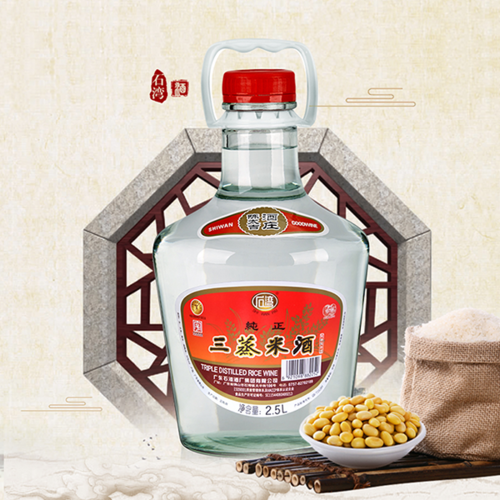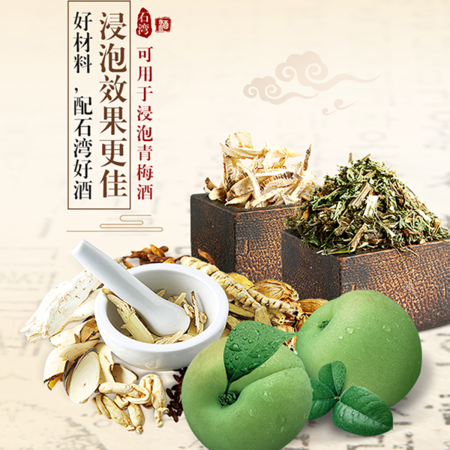Can Cooking Wine Be Substituted with Other Ingredients in Recipes?
Cooking wine is a versatile ingredient that adds depth and complexity to various dishes. However, what if you find yourself in a situation where you don't have cooking wine on hand? Can it be substituted with other ingredients without compromising the flavor of your recipe? In this article, we will explore the possibilities of substituting cooking wine and provide you with alternative options that can deliver similar results.
Understanding Cooking Wine
Cooking wine is a specially formulated type of wine designed for culinary purposes. It is made with added salt and preservatives, which differentiate it from regular drinking wine. Cooking wine is known for its ability to enhance flavors and contribute to the overall taste profile of a dish.
Substituting Cooking Wine: Exploring Alternatives
While cooking wine is the preferred option in many recipes, there are viable substitutes that can be used when you don't have it available. Here are some alternatives that can help you achieve similar results:
-
Broth or Stock: Broth or stock, such as vegetable, chicken, or beef, can be used as a substitute for cooking wine. These flavorful liquids add depth to your recipes and can help create a rich and savory taste profile. Keep in mind that broth or stock might not provide the exact flavor notes of cooking wine, but they can still contribute to the overall taste of the dish.
-
Citrus Juice: Citrus juices, such as lemon or lime juice, can be used to add acidity and brightness to your recipes. They can help mimic the tangy and acidic notes that cooking wine imparts. When substituting with citrus juice, start with a smaller quantity and adjust according to your taste preferences.
-
Vinegar: Different types of vinegar, like white wine vinegar, apple cider vinegar, or balsamic vinegar, can be used as a substitute for cooking wine. Vinegar offers a tangy and acidic flavor profile that can enhance your dishes. Similar to citrus juice, begin with a smaller amount and adjust to suit your recipe.
Considerations and Best Practices
When substituting cooking wine with other ingredients, it is important to consider the overall taste balance and flavor profile of your dish. Here are some best practices to keep in mind:
-
Experiment with Small Quantities: When using a substitute for cooking wine, start with a smaller quantity and taste as you go. This allows you to adjust and maintain control over the flavors in your dish.
-
Consider the Characteristics of the Recipe: Consider the specific characteristics that cooking wine brings to a recipe, such as depth, richness, or acidity. Choose a substitute that can provide similar qualities to ensure the best possible outcome.
-
Choose the Right Substitute: Select a substitute that complements the other ingredients in your recipe. For example, if you're cooking a seafood dish, using fish stock as a substitute can enhance the flavors more effectively than other options.
-
Adapt to Personal Preferences: Every palate is unique, so feel free to adapt and adjust the substitutes according to your personal taste preferences. Be open to experimentation and creative exploration in the kitchen.
Conclusion
While cooking wine is a valuable ingredient that adds distinct flavors to recipes, there are alternatives available when you don't have it on hand. Broth or stock, citrus juice, and vinegar can be used as substitutes to achieve similar results. When substituting, consider the characteristics of your dish, choose the right substitute, and adapt according to your personal preferences.
Remember, cooking is an art that allows for creativity and flexibility. Don't be afraid to try different substitutions and explore new flavors. With a little experimentation, you can still create delicious and flavorful dishes even without cooking wine.







